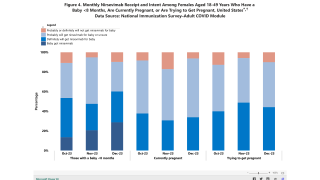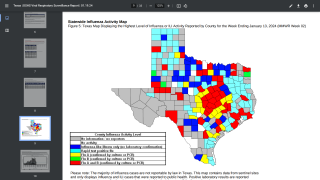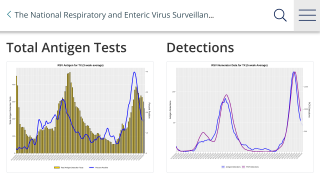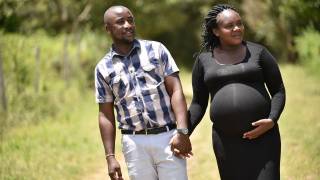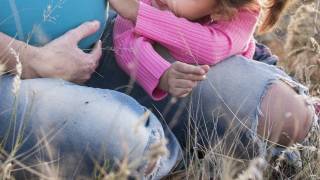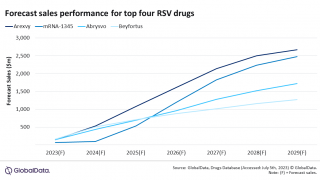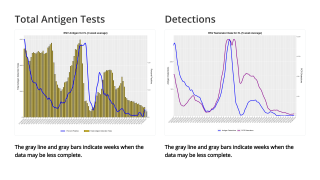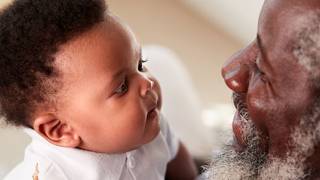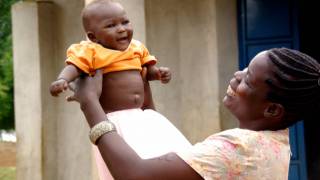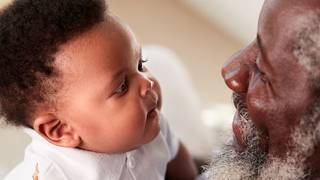Infants May Have Additional Protections Against RSV
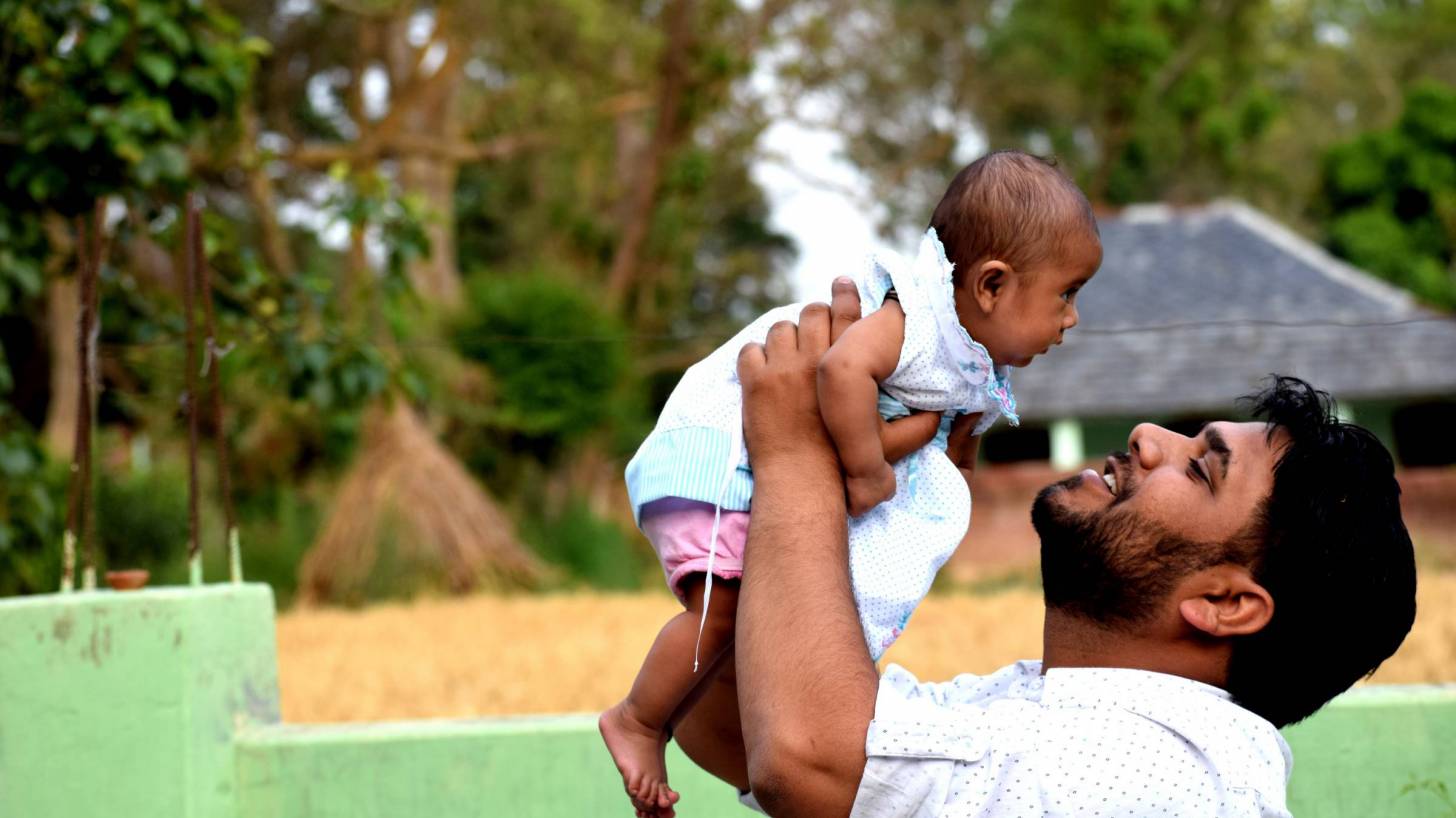
Last week's vaccine advisory committee meeting revealed several Respiratory Syncytial Virus (RSV) products might become available later in 2023.
These products are essential since RSV can be severe, especially for infants. RSV is the most common cause of bronchiolitis and pneumonia in young children in the United States.
According to various presentations delivered during the U.S. Centers for Disease Control and Prevention (CDC) digital and in-person vaccine meeting on February 23, 2023, the multidose, injectable, monoclonal antibody (mAbs), passive therapy Synagis® (Palivizumab) may not be the only option to protect infants during their first and second RSV season.
The Advisory Committee on Immunization Practices (ACIP) reviewed the latest information regarding another RSV mAbs, Beyfortus® (Nirsevimab).
This mAbs has already been authorized in Europe and the United Kingdom for infants at risk for RSV.
An important topic discussed by the ACIP members was the cost-effectiveness of this innovative, one-dose mAbs.
To clarify this issue, David W. Hutton, Ph.D., MS, and colleagues with the University of Michigan, presented the Economic Analysis of Nirsevimab in Pediatric Populations.
They compared the incremental cost-effectiveness ratio of nirsevimab to no prevention and analyzed outcomes that explore critical areas of uncertainty.
In summary, this presentation concluded Nirsevimab might be cost-effective under specific scenarios.
During the ACIP debate, several unanswered questions focused on classifying RSV mAbs as drugs, not vaccines. And the related administrative challenges.
The ACIP also reviewed the latest news regarding infant and adult RSV vaccine candidates.
While several RSV vaccines are seeking U.S. FDA approval this year, none have completed the final authorization steps as of February 26, 2023.
Furthermore, the CDC's Dr. José R. Romero discussed plans to prepare for a potential respiratory disease surge in the Fall of 2023 in the United States.
The CDC's program includes strategies to reduce the seasonal impact of RSV, influenza, and COVID-19. Dr. Romero indicated updates would be shared during the June 2023 ACIP meeting.
Note: Updated links on Feb. 27, 2023.
Our Trust Standards: Medical Advisory Committee



